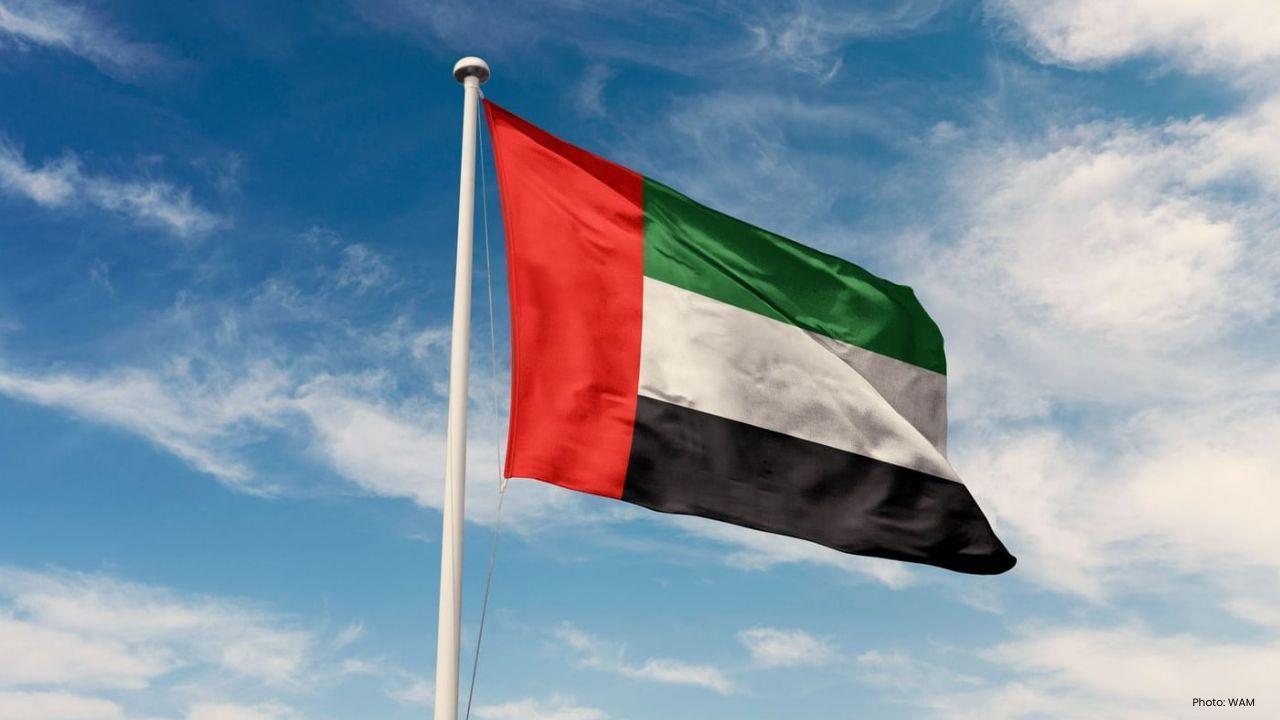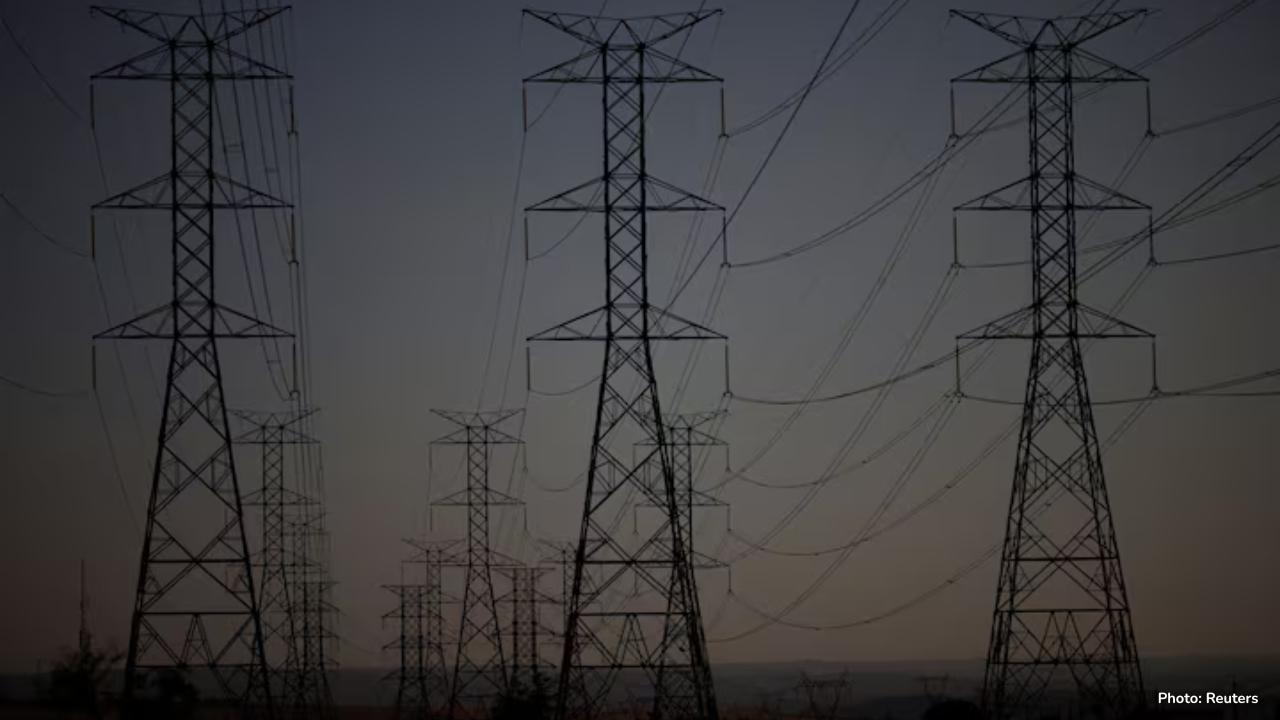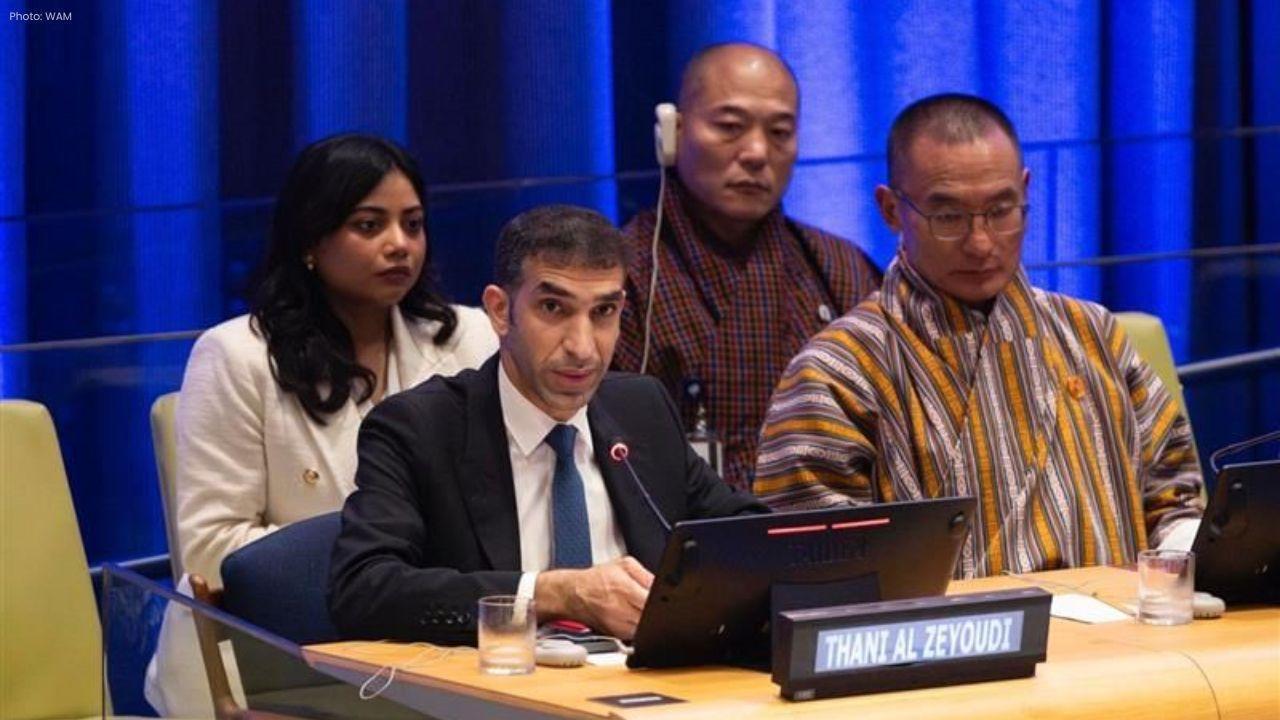
Post by : Vansh
Tourism is one of the largest and fastest-growing industries worldwide, contributing significantly to the global economy. However, as the effects of climate change become more apparent, popular tourist destinations are facing unprecedented challenges that threaten their natural beauty, infrastructure, and the very experiences travelers seek. Understanding the impact of climate change on tourism is essential not only for travelers but also for policymakers and businesses invested in sustainable tourism development.
The planet’s rising temperatures, melting ice caps, increasing sea levels, and more frequent extreme weather events are reshaping many of the world’s most beloved destinations. Coastal areas, mountainous regions, and even urban centers are not immune. These environmental changes can lead to the loss of iconic landscapes, reduced biodiversity, and damage to infrastructure, all of which directly affect tourism.
For instance, beach resorts and islands are highly vulnerable to rising sea levels and coastal erosion. Famous locations like the Maldives, Bora Bora, and parts of the Caribbean are already experiencing the consequences. Flooding and the destruction of coral reefs not only diminish the natural appeal but also disrupt local economies reliant on tourism.
Extreme weather, such as hurricanes, floods, droughts, and wildfires, has become more frequent and intense due to climate change. These events cause immediate damage to infrastructure, including hotels, airports, and roads, making travel difficult or unsafe. Beyond the physical damage, they can cause long-term declines in visitor numbers due to perceived risks or loss of attractions.
Wildfires in popular destinations like California, Australia, and parts of Southern Europe have forced cancellations and evacuations, affecting tourism revenues significantly. Meanwhile, droughts in some regions limit water availability, affecting both tourists and locals.
Many tourists visit destinations specifically for their natural beauty—glaciers, forests, coral reefs, and wildlife. Unfortunately, these treasures are highly sensitive to climate fluctuations. The retreat of glaciers in the Alps and Himalayas is changing hiking routes and reducing scenic attractions. Similarly, coral bleaching caused by rising sea temperatures threatens underwater ecosystems, critical for snorkeling and diving tourism in places like the Great Barrier Reef and the Caribbean.
Wildlife tourism also suffers as animal habitats shrink or shift due to changing climates. For example, polar bear populations are at risk because of melting Arctic ice, which affects Arctic tourism.
The impact of climate change on tourism is not just environmental; it has serious economic repercussions. Many communities depend heavily on tourism income for their livelihoods. When destinations lose their appeal or become inaccessible, local economies suffer. Job losses in hospitality, transportation, and local crafts are common outcomes.
Additionally, the cost of repairing and adapting infrastructure to withstand climate impacts strains local governments and businesses. For example, constructing sea walls, restoring beaches, or relocating facilities inland require significant investment.
The information provided in this article is for general awareness and educational purposes only. MiddleEastBulletin strives to ensure accuracy but does not guarantee completeness or endorse any specific views expressed. Readers are encouraged to verify facts independently.
#trending #latest #ClimateChange #TourismImpact #SustainableTravel #TravelResponsibly #EcoTourism #SaveOurPlanet #TravelSmart #ClimateAction #TourismIndustry #ProtectOurDestinations #GreenTravel #TravelAwareness #TravelWithPurpose #EnvironmentMatters #FutureOfTravel #MiddleEastBulletin #MiddleEastNews #BreakingNews #LiveUpdates #BulletinLive #BusinessNews #WorldHeadlines #SocialUpdates #TechNews #HealthUpdates #EducationNews #ClimateWatch #SportsBuzz #TravelMiddleEast #VoiceOfTheMiddleEast #TrendingNow










OpenAI's Revenue Soars to $4.3 Billion in First Half of 2025
OpenAI's revenue reaches $4.3 billion in the first half of 2025, marking a 16% increase from the pre

UAE Leaders Send Condolences to Saudi King Over Princess Abta's Death
UAE rulers and crown princes sent heartfelt messages to King Salman, mourning the passing of Princes

Brazil's Surplus Clean Energy Attracts Crypto Miners
Brazil's excess renewable energy is luring cryptocurrency miners. Companies like Tether and Renova E

Visa Tests Stablecoins to Make Global Payments Faster
Visa is testing stablecoins for international payments, aiming to speed up transactions and reduce t

Opera Unveils Neon AI Browser for Smarter Web Browsing
Opera introduces Neon, an AI-powered browser that automates tasks and enhances privacy, aiming to re

Albanese Visits Sheikh Zayed Grand Mosque in Abu Dhabi
Australian PM Albanese tours Sheikh Zayed Grand Mosque, highlighting peace, tolerance, and cultural